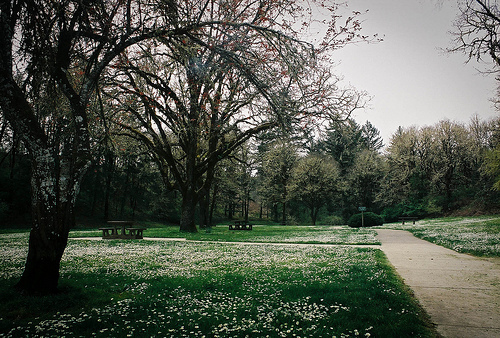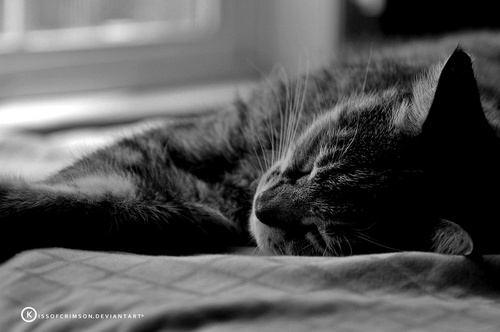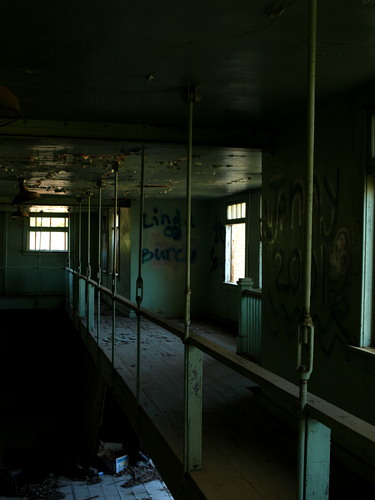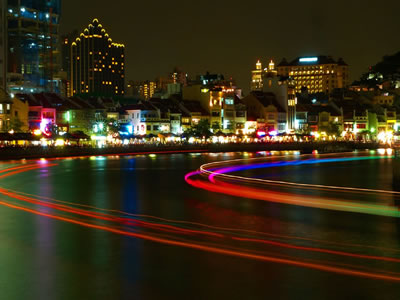Last week, I attended a conference on Chroma key photography where I found that almost all aspiring green screen photographers are too nervous about using their Chroma key kit. They were asking all silly questions such as which backdrop stands to buy and what types of lighting should they use. I admire Mr. Jackson, Mr. Cameron and others for listening to them patiently and answering each of these questions. Even after getting beautiful and detailed explanation, I could still see nervousness on their faces. At last, I couldn’t resist and after the seminar was over, I called a bunch of nervous photographers and ask them what makes them fear their photography backdrop stands or the green screen software?
Chroma key photography is not a rocket science but most photographers, who have never tried their hands on it, think that you need a lot of training or perhaps a special course. If you can undertake training, it will be easier for you to do the background replacement but you can achieve fairly good results even if you do it yourself. I learnt it by referring to the tutorials available on YouTube and various other photography sites.
The bunch of people whom I was talking was delighted to hear that there are no secret formulas for green screen photography. All you need to do is to get a good quality green screen backdrop, backdrop stand, and specialized green screen software. If you are a photographer, you might be already having the lighting accessories. Here are some key points that you need to keep in mind for Chroma key photography.
1. Light the foreground as well as the background separately. You can do this by backlighting your subject. This will help you to easily subtract the green background and add your desired one.
2. Ensure that the backdrop falls seamless from the photography backdrop stand so that there are no wrinkles. You can even use clamps to make your background smooth. Creases can make background separation difficult.
3. If you are using a green screen, make sure there is nothing green in the background. This rule also applies to blue screen. If you have the background color in the foreground, it will also be replaced during Chroma keying. For example, if your model is wearing a blue tie that matches with the background, while editing, the tie will also be subtracted.
4. Use all the usual photography rules such as diffusing the light, three-point lighting system, etc.
5. Keep experimenting to come up with your own rules.
Chroma keying is so easy that anyone with basic photography skills will be able to do it. If you are one of those people who are anxious about Chroma keying, stop worrying and start practicing.
Chroma key photography is not a rocket science but most photographers, who have never tried their hands on it, think that you need a lot of training or perhaps a special course. If you can undertake training, it will be easier for you to do the background replacement but you can achieve fairly good results even if you do it yourself. I learnt it by referring to the tutorials available on YouTube and various other photography sites.
The bunch of people whom I was talking was delighted to hear that there are no secret formulas for green screen photography. All you need to do is to get a good quality green screen backdrop, backdrop stand, and specialized green screen software. If you are a photographer, you might be already having the lighting accessories. Here are some key points that you need to keep in mind for Chroma key photography.
1. Light the foreground as well as the background separately. You can do this by backlighting your subject. This will help you to easily subtract the green background and add your desired one.
2. Ensure that the backdrop falls seamless from the photography backdrop stand so that there are no wrinkles. You can even use clamps to make your background smooth. Creases can make background separation difficult.
3. If you are using a green screen, make sure there is nothing green in the background. This rule also applies to blue screen. If you have the background color in the foreground, it will also be replaced during Chroma keying. For example, if your model is wearing a blue tie that matches with the background, while editing, the tie will also be subtracted.
4. Use all the usual photography rules such as diffusing the light, three-point lighting system, etc.
5. Keep experimenting to come up with your own rules.
Chroma keying is so easy that anyone with basic photography skills will be able to do it. If you are one of those people who are anxious about Chroma keying, stop worrying and start practicing.






















